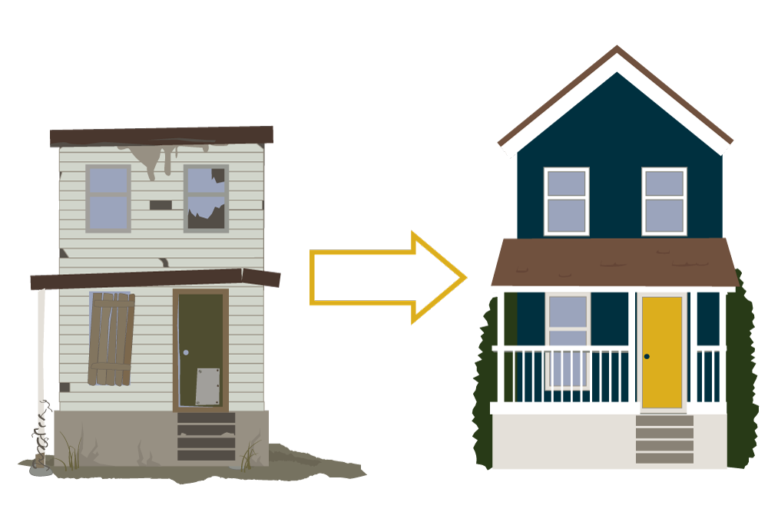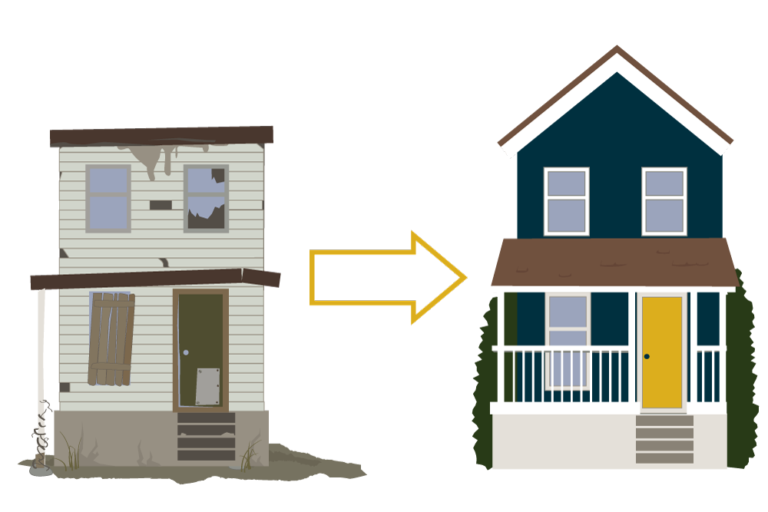
In real estate, “house flipping” has been a popular strategy. It involves purchasing a property at a low price, renovating it, and selling it for a significant profit within a short period. However, as of January 1, 2023, a new anti-flip tax has come into play, potentially tempering the ambitions of real estate flippers who seek substantial profits while evading full taxation.
1. Tax Description:
The anti-flip tax rule designates that if an individual sells real estate, including rental properties, within one year of ownership, the profit from the sale will be considered business income. Consequently, the entire profit will be subject to a 100% tax rate, without the benefits of the 50% capital gains rate or the principal residence exception. This tax primarily focuses on the duration of property ownership.
2. Extended Scope:
In November 2022, this tax was expanded to cover sales contract dispositions occurring within a year. Additionally, the 12-month ownership period will reset after the taxpayer takes possession of the property, closing the potential loophole where buyers could escape the rule by having the right to purchase the property before its construction.
3. Tax Purpose:
Quick property resales or flips, though legal, have drawn significant criticism. Critics argue that such practices contribute to housing crises, bidding wars, and increased rental prices, jeopardizing housing affordability. Reports suggest that house and multi-family unit prices resulting from flips can inflate by 30 to 40% within a year. Moreover, concerns arise about potential defects concealed during resale, emphasising the importance of thorough home inspections for buyers of flipped properties.
4. Exceptions and Strategies:
While the anti-flip tax presents stricter rules, there are ways to navigate around it. Flippers can wait for 13 months before selling the property to avoid the tax. Additionally, exceptions apply to specific life events such as death, birth/adoption of a child, separation, personal security, disability, illness, moving closer to a new job, insolvency, involuntary disposition (e.g., fire), or natural disasters.
Although the anti-flip tax alone cannot solve housing crises, it serves as a measure to cool down the overheated real estate market and promote affordability in housing.


